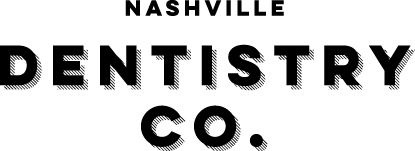Sleep Apnea, Snoring & Sleep Disorder Treatment
Restore your sleep. Restore your quality of life!
What Is the Impact of Untreated Sleep Problems?
Poor quality sleep not only reduces your immunity but also makes it harder for your body to fight off harmful bacteria and viruses that cause illness. Moreover, it can lead to several health and safety issues.
more likely to be in a car crash.
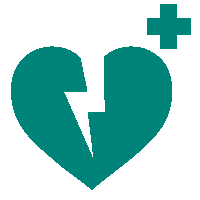
increased risk of heart attack

sufferers report relationship troubles
Tailored Sleep Solutions for Your Best Rest Yet
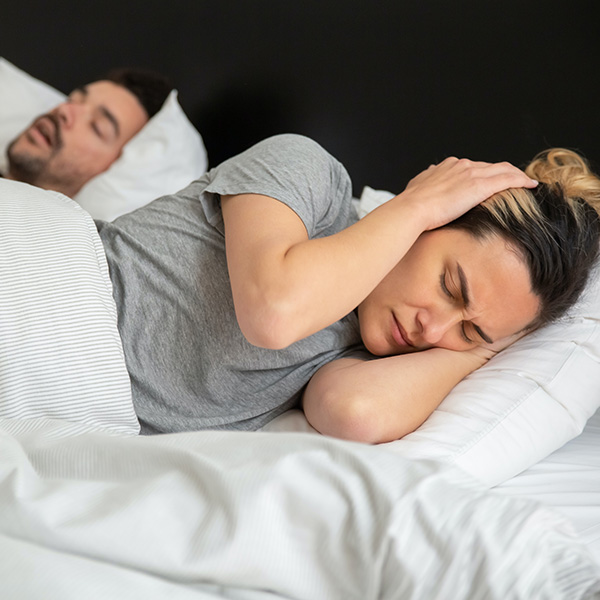
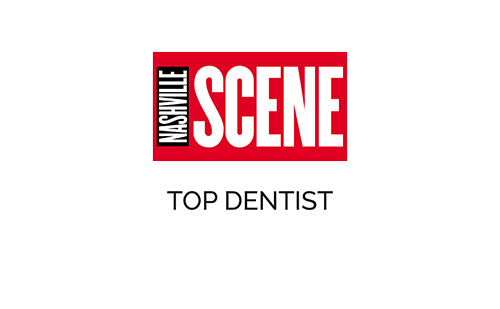
Sleep Better, Live Better: A Whole Health Approach to Quality Sleep
Get to know your dental sleep expert Dr. Ashish Patel at Nashville Dentistry Co.
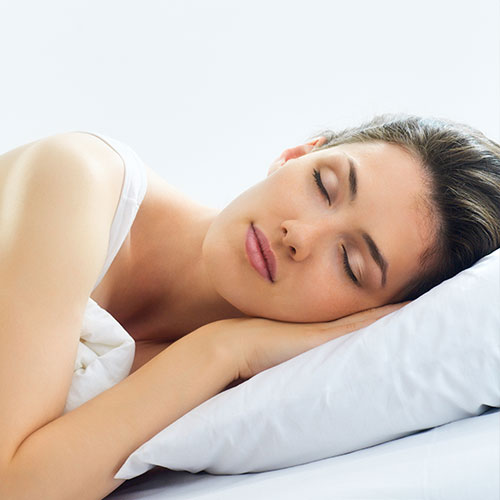
The Nashville Dentistry Co. Difference

Sleep Apnea FAQs
Get the answers from our expert sleep dentist in Brentwood, TN.
-
What is Sleep Apnea?
Sleep apnea, also known as obstructive sleep apnea (OSA), is a sleep disorder where a person experiences multiple instances of not breathing during the night. This occurs because the airways are either partially or fully blocked, typically by the tongue or throat tissues that relax and intermittently obstruct the airway while sleeping.
-
What are the most common symptoms of Sleep Apnea?
Frequent symptoms of sleep apnea may include snoring, periods of interrupted breathing, daytime sleepiness or fatigue, morning headaches, restless sleep, depression, increased need to urinate at night, acid reflux, and irritability.
-
How is Sleep Apnea diagnosed?
Diagnosis of sleep apnea is typically conducted by a certified sleep specialist and involves a thorough review of both medical and family history, a physical examination, and a sleep study. These studies can be performed either in a sleep lab or at home utilizing a portable monitoring device.
-
What are common treatments for Sleep Apnea?
There are several options for treating sleep apnea, including:
- Continuous positive airway pressure (CPAP) machine: This is the most commonly prescribed treatment for sleep apnea. The machine helps to maintain an open airway by delivering continuous airflow through the nose, preventing the airway from collapsing during sleep. However, many people find the machine uncomfortable or are unable to tolerate it for other reasons, leading them to seek alternative treatments.
- Oral appliance therapy: A custom-fit oral device is another effective, non-invasive option for treating sleep apnea and snoring. This device is similar in shape to a sports mouthguard, and it is comfortable, quiet, and easy to take with you while traveling.
- Surgery: In some cases, surgery may be recommended to remove or reposition tissues in the throat to prevent airway blockage during sleep.
-
Are there risks to not treating Sleep Apnea?
Not getting treatment for sleep apnea can result in several severe health problems, including hypertension, cardiovascular disease, stroke, diabetes, and depression.
-
Is Sleep Apnea very common?
Around 22 million individuals in the United States are thought to have sleep apnea, but as much as 80% of cases of moderate to severe obstructive sleep apnea are either misdiagnosed or undiagnosed as other illnesses.
